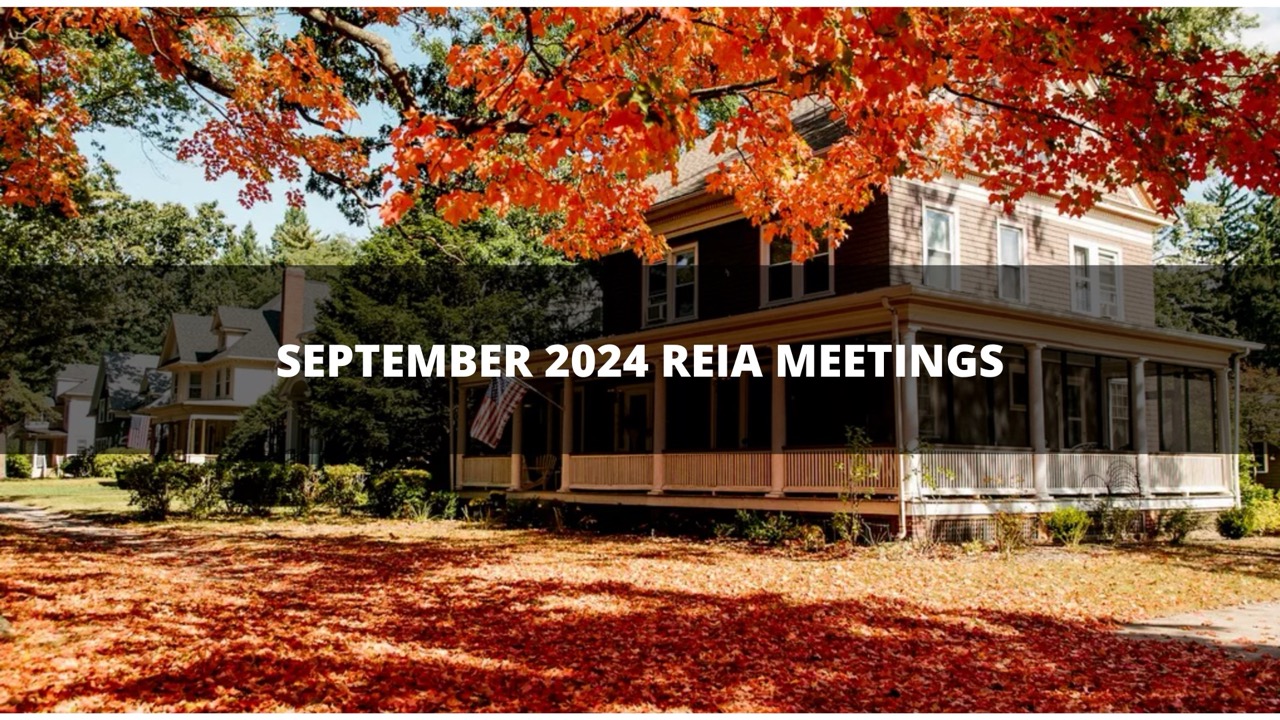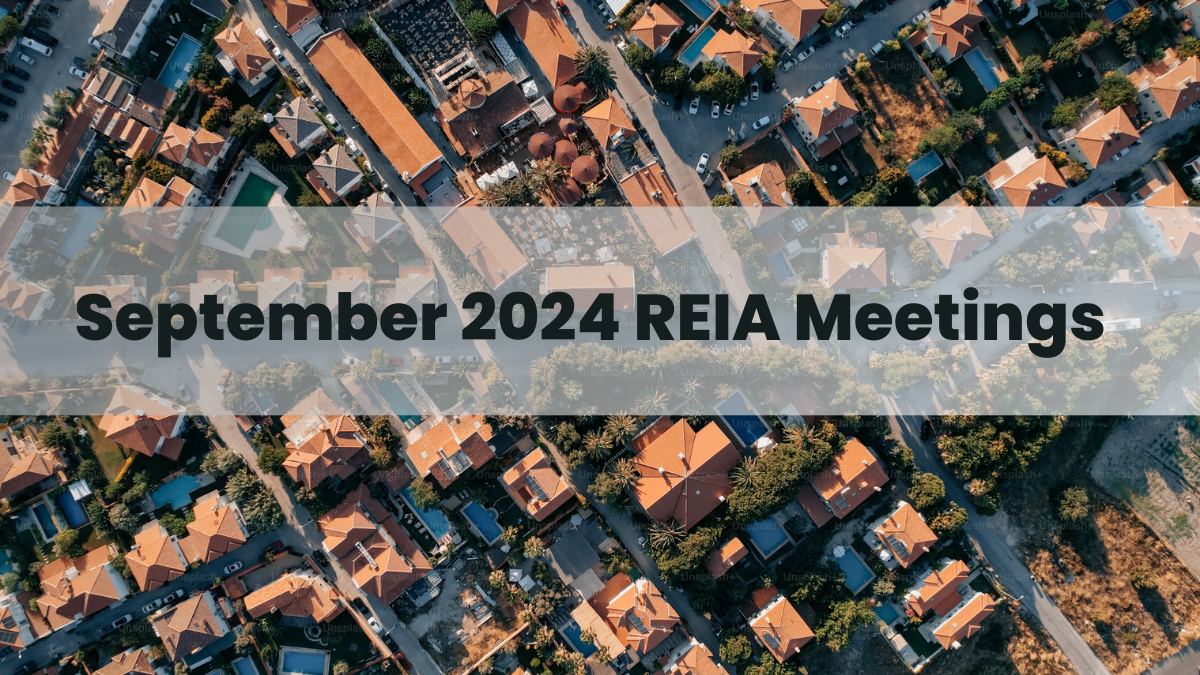How to Create a Real Estate Empire
Today I want to share an excerpt of my interview with Curry Blackwell. Curry shared his secrets on how he built a real estate empire of over 120 properties in less than 6 years. He bought his first rental property in 1997; it was a single family home near the Texas Tech University campus. Since then, Curry and his dad have bought and held onto many units and bought and sold several more.
Curry was actually one of the first people who got me interested in real estate. He was my basketball coach at Lubbock Cooper High a little over 10 years ago. I wasn’t a good basketball player — mostly because I couldn’t dribble or shoot 😉 — but Curry was a nice guy and let me stay on the team.
Here are some of Curry’s top tips for real estate investing:
- All of your properties should be in the same neighborhood. Depending on what you’re able to do in terms of travel and spreading yourself out, it certainly is an added advantage when you’re acquiring key properties to have them at least in the same general vicinity. There are lots of different reasons for this, such as for repairs and being able to show them. If you have houses several miles on the other side of town, trying to go back and forth to those properties to either work on them or to take care of them or rent them does make that a bigger challenge. We have several blocks where we might have six houses on the same block. And that certainly makes the management part of it a lot easier. There are three primary benefits to focusing on a neighborhood. Number one, it’s very inexpensive marketing since you’re just paying for gas. Number two is you get to know the neighborhood very well so that you don’t always have to go back and pull comps yourself or have a Realtor pull comps; you instantly know the value and how much you can pay for the property. And third, is that it is much more convenient and time-saving if you’re holding onto the properties for long term.
- A great way to find properties is through other investors. Ask them what they’re selling and ask them what properties their investor friends are selling. And any time you can access a network like MyHouseDeals.com, you’re certainly going to have a leg up because you could be spinning your wheels otherwise. The second best place is through Realtors. Whether or not you use them, you can talk and get to know Realtors that know of motivated sellers.
- The estimated time frame between getting a seller to bind a contract and then closing on the property is about 30 days. This depends on how you have your financing already in place. It’s a huge advantage to be able to go to a seller and say, “Here’s what you’re asking, here’s what we’re offering and we can close in 10 days.” That really gets people’s attention because a lot of times there’s a delay in making sure your financing is going to work. And then you have to order your inspections and appraisals and surveys and everything that goes along with those, if that’s what you’re going to do. At that point you could be talking about 45 or 60 days, and that just kind of puts the seller at a disadvantage. So it’s a huge advantage to be able to close within a month, but that depends on your relationship with your banker or whoever is financing the deal. Obviously, if it’s a cash deal then you’re in a very good position to be able to close quickly.
- Multi-plex purchases are the best ones if you can find well designed properties. Sometimes duplexes that are right next to each other and share a lot of walls might cause some troubles with tenants not getting along, even though they may have very good income streams on paper. For example, some 3 bedroom, 3 bathroom duplexes that were built out west of where I invest are starting to have troubles with all those people trying to get along in a small cramped area. A well-designed duplex, such as a front house and a rear house that’s separated, are really good purchases since you increase your income stream immediately without having to increase the purchase price astronomically.
- The most important things to look for when you’re purchasing a property are bricks, foundation, plumbing, and the roof. Plumbing is a big deal, it’s important to be able to run the plumbing and not have to deal with any major plumbing issues. All these things can be looked at within a span of 15 to 30 minutes for the most part. Open and close doors to check foundation issues, just to make sure you don’t have any stuff sliding around. Cracks in the ceiling will alert you to the fact that you’ve got foundation issues, and you can also walk around the outside and check the brick pointing and see if you see anything questionable.
To hear the tons of other incredibly valuable real estate investing tips that Curry shared in this interview, you can purchase the Vault interviews. The Vault contains 13 in-depth interviews with expert investors from across the nation and covers topics ranging from wholesaling to subject 2 investing to private money and more. Learn how you can get your hands on the Vault at a 36% discount by going to www.MyHouseDeals.com/TheVault.
Until next time, happy (and profitable) investing!
Doug Smith






